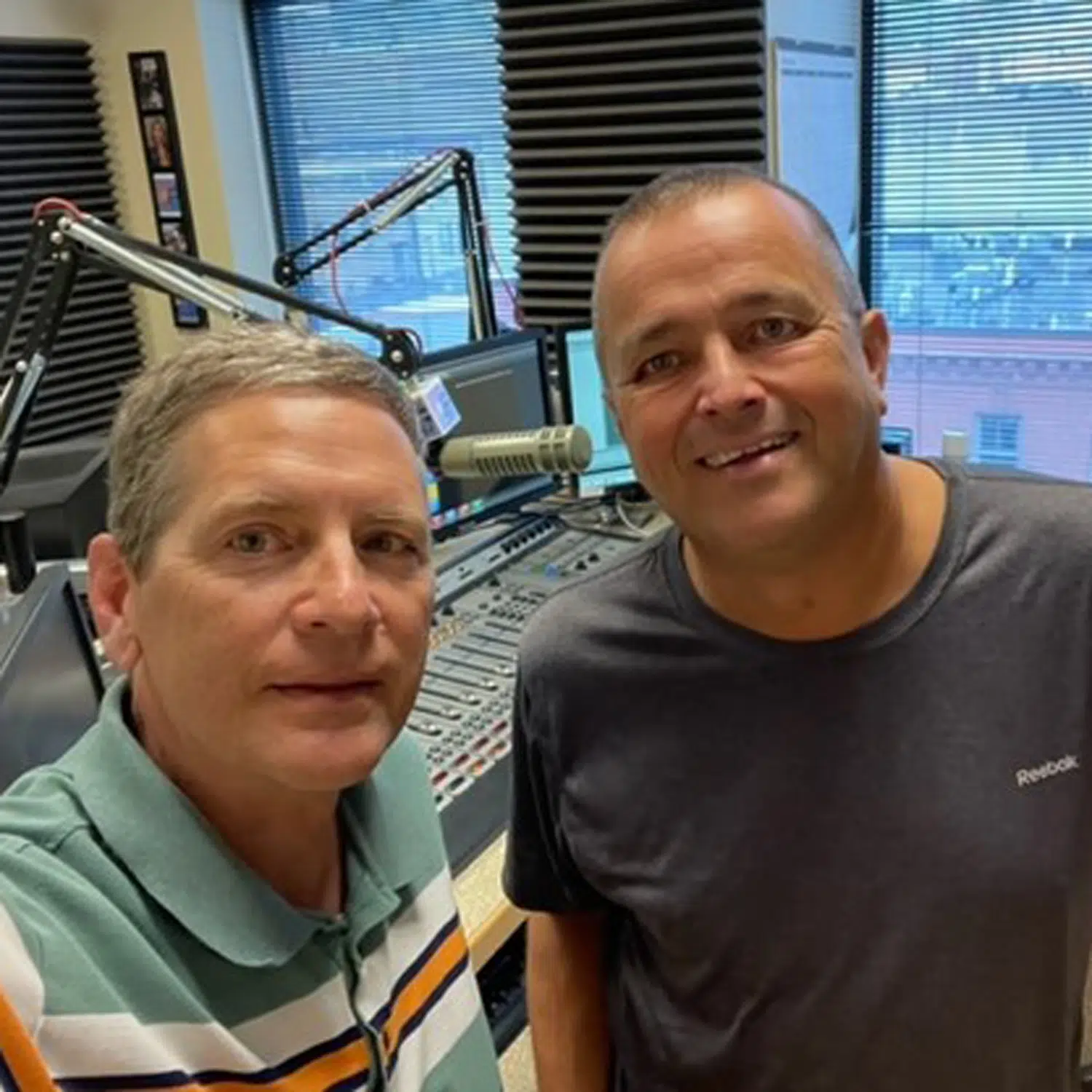(Reuters) – Rafer Johnson, who was crowned the world’s greatest athlete after winning the decathlon gold medal at the 1960 Olympics and later helped tackle Robert F. Kennedy’s assassin, died on Wednesday at the age of 86.
The LA84 Foundation, of which he was a founding member, confirmed Johnson’s death, saying he passed away at his home in Los Angeles surrounded by family.
“Our sense of loss is only eclipsed by the gratitude we will always feel for the opportunity to work so closely with Rafer. He embodied the Olympic Movement,” said Peter Ueberroth, CEO of the 1984 Summer Olympics who chose Johnson to light the torch for those Games.
“There are so many lives he touched and improved as a true hero who cared deeply for others. Each day we are focused on honoring his legacy.”
After winning silver at the 1956 Melbourne Games, Johnson claimed the top step on the Olympic podium four years later in Rome, clinching the gold ahead of training partner C.K. Yang of Taiwan with an Olympic record score.
The achievement earned Johnson the AAU James E. Sullivan Award as the most outstanding amateur athlete in the United States, putting his picture on the cover of Time and Sport Illustrated magazines.
Johnson was a fine all-round sportsman. He was drafted by the NFL’s Los Angeles Rams as a running back in 1959 and played basketball at UCLA under legendary coach John Wooden.
Johnson turned to acting after his athletics career.
Among his credits were parts in the Elvis Presley film Wild in the Country and the James Bond movie License to Kill.
In 1968, while working on Kennedy’s presidential campaign, Johnson was one of the men to subdue Sirhan Sirhan after he shot and killed the U.S. presidential candidate.
“Olympic champion. Civil rights pioneer. Angeleno.
“Rafer Johnson was one of the greatest people I have ever known – an athlete without peer, an eyewitness to history and a leader in making it, a founder of the Special Olympics, a champion for justice and our city,” Los Angeles mayor Eric Garcetti said in a Tweet.
(Reporting by Steve Keating in Toronto, Editing by Ed Osmond)

